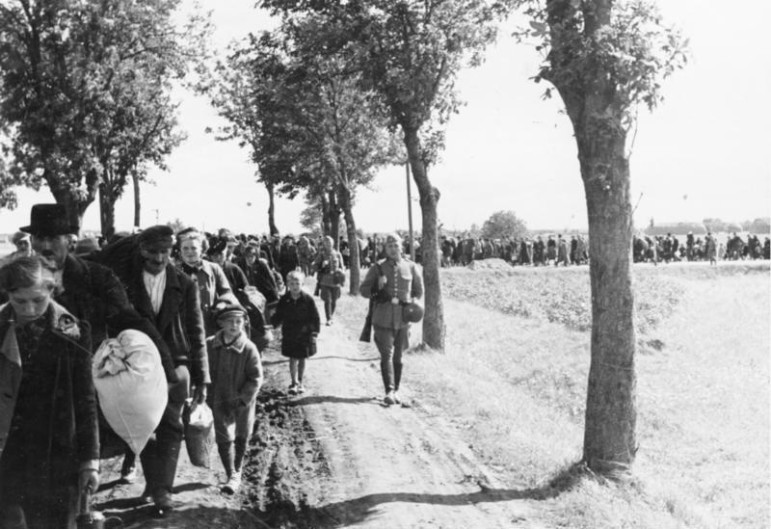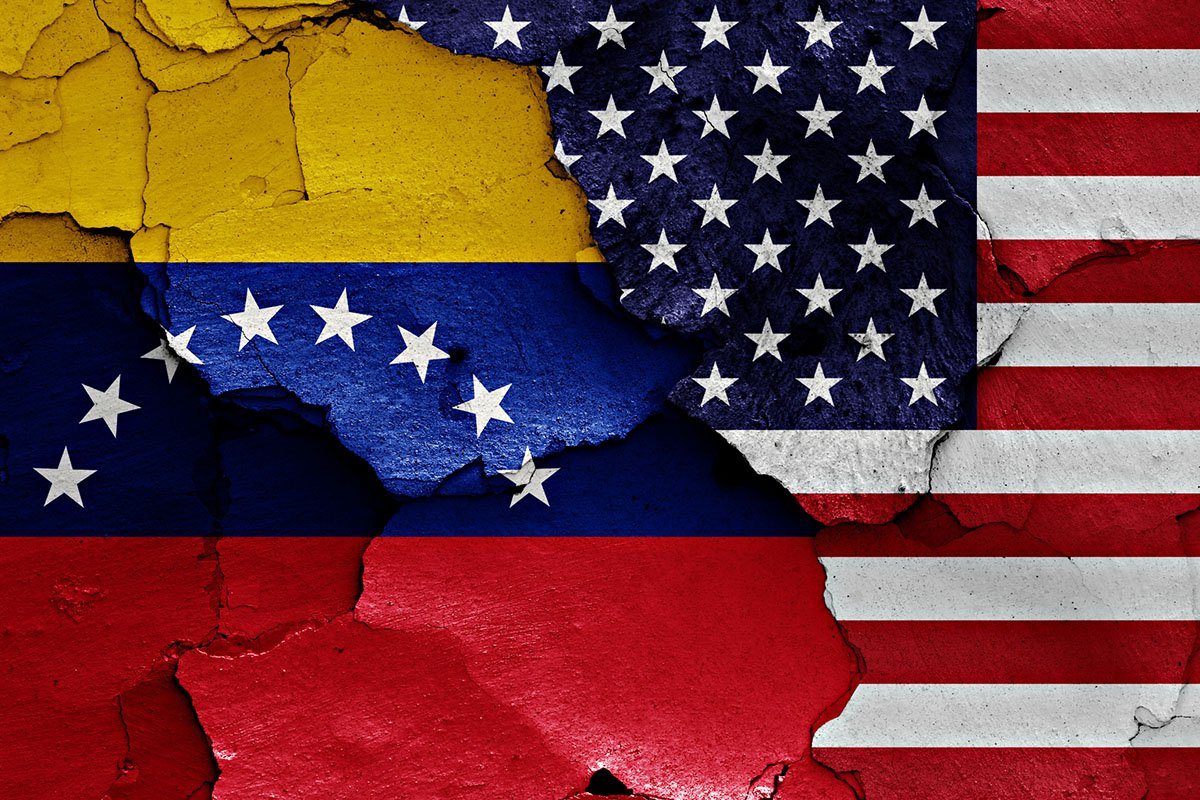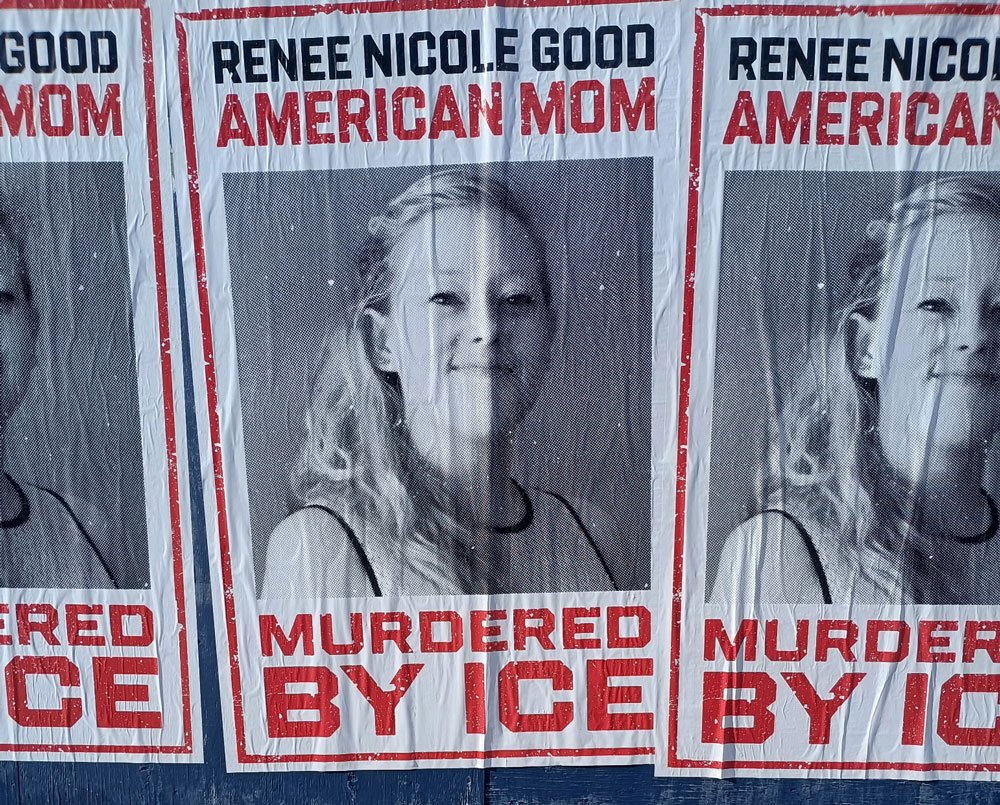
Nov. 24; The Washington Post
NPQ’s ongoing series of newswires on the Syrian refugee crisis has shone a light on harsh attitudes towards refugees based on the arguments of security and safety, which amount to pure posturing to keep certain people out of the country.
The parallels between European Jews during World War II and Syrians today are striking. At the start of this series in September, Ruth McCambridge made a link between the current refugee crisis and the Jewish plight during the war:
It is hard not to see the similarities with the current refugee crisis, where the images of families being drowned in an attempt at freedom, confined in railway cars, and walking down tracks to uncertain futures is contrasted elsewhere with declarations of welcome and sharing of resources—even when it involves personal sacrifice, as in the less than prosperous Greek islands.
The Washington Post has recently run a series of articles in a similar vein: First, on what American thought of refugees just before World War II; then, an analysis of the relevance of the connection between Jewish and Syrian refugees; and lately a concrete example of the impact of these attitudes on the life of a well-known persecuted family, namely, that of Anne Frank. This information comes from a 2007 white paper by Richard Breitman, a history professor at the American University, who wrote that “Otto Frank’s efforts to get his family to the United States ran afoul of restrictive American immigration policies designed to protect national security and guard against an influx of foreigners during time of war.”
Sign up for our free newsletters
Subscribe to NPQ's newsletters to have our top stories delivered directly to your inbox.
By signing up, you agree to our privacy policy and terms of use, and to receive messages from NPQ and our partners.
America only backpedaled on its anti-refugee stance and took action to rescue Jews in 1944, once the full horrors committed under the Nazis came to light. Yet, despite the turnaround and the amended 1948 Displaced Persons Act, anti-refugee attitudes still prevail in many sectors of the U.S. body politic, and this despite widespread knowledge of the atrocities in Syria, which have been documented by Amnesty International and the United Nations Human Rights Commission since the start of the 2011 conflict, as though the bombings in Europe somehow cancel them out. In this 2014 statement, Mr. Paulo Sérgio Pinheiro, chair of the Independent International Commission of Inquiry on the Syrian Arab Republic, said, “I have run out of words to depict the gravity of the crimes committed inside Syria.” In the statement, he describes ISIS-led massacres and executions, a severe clampdown on women’s rights, and the exposure of children to violence, along with the Syrian government’s role as an “agent of death and destruction.”
Since Paris, this evidence of horror has not garnered the sympathies of a number of U.S. politicians, such as those in Texas, and these attitudes aren’t limited to state legislatures. If we look at the Republican presidential candidates’ post-Paris stances on Syrian refugees, we can see a sprinkling of “a fear of the bad guys” (Ben Carson) mixed with “if only we could” tough love (Donald Trump) and emboldened with a resolutely Christian-only stance (Jeb Bush).
Why the fear of refugees? In the 1930s, the U.S. was afraid of communists and anarchists, which many accused Jews of being. As President Barack Obama recently inveighed, the U.S. right is really fearful of “orphans and widows” and has magnified potential dangers into an “exaggeration of risks.” He also deftly dismissed the Republican criticism of the vetting process, and explained that the extensive 18- to 24-month system is actually so cumbersome it prevents the country from “showing the compassion that we need to.”
All this time after World War II, these ideas seem too backward and rife with false severity to be even dignified with analysis. While fear from a public with limited information may be understandable, political candidates should know better. Instead of taking the time to understand and explain, they capitalize on knee-jerk, not-in-my-backyard reactions, as though the Syrian conflict and its international dimension erupted out of the blue in Paris.—Amy Butcher












